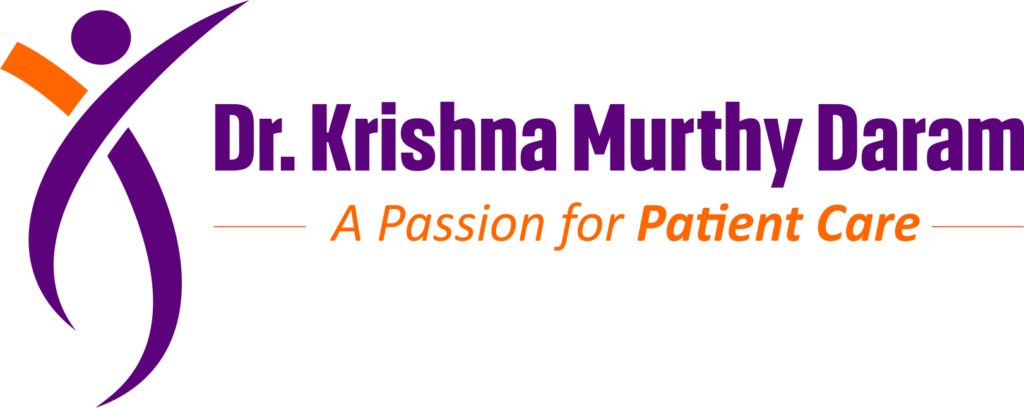Waterborne diseases pose a significant threat to your health, stemming from the presence of harmful microorganisms in the water you consume or use for daily activities.
In this article, we’ll outline practical measures to safeguard yourself and your loved ones from these ailments. Should you require personalized guidance on waterborne diseases, consider scheduling a consultation with Dr. Krishna Daram.
- Ensure Safe Water Sources
The initial step in warding off waterborne diseases revolves around securing a dependable water source. If you have access to treated tap water, it typically meets safety standards.
However, if you harbor doubts about your tap water’s quality, consider using a water filter or opting for bottled water from a reputable supplier.
- Prioritize Hand Hygiene
Practicing meticulous hand hygiene with soap and clean water emerges as one of the most potent defenses against waterborne diseases. Consistently cleanse your hands before meals, post restroom visits, and after interacting with animals or waste. Maintaining clean hands acts as a formidable barrier against harmful microorganisms infiltrating your system.

- Embrace Food Safety
Food preparation underscores the importance of cleanliness. Thoroughly wash fruits and vegetables in clean water before consuming. Ensure that cooking and dining utensils, along with food preparation surfaces, remain free of contaminants. Adequate cooking temperatures also prove effective in neutralizing harmful microorganisms.
- Implement Safe Storage
The way you store water plays a pivotal role in preventing contamination. Employ clean, covered containers specifically designed for water storage. Keep these containers shielded from direct sunlight. Avoid repurposing containers that previously held chemicals or non-food substances.
- Harness the Power of Boiling
Boiling water stands out as a reliable method for eradicating harmful microorganisms. If you harbor doubts about your water’s safety, bring it to a vigorous boil for at least one minute before using it for drinking or cooking purposes. Allow the water to cool to a suitable temperature before consumption.
- Exercise Caution in Contaminated Waters
Swimming in natural bodies of water like lakes, rivers, or ponds potentially contaminated with sewage or pollutants heightens the risk of waterborne diseases. It is prudent to opt for well-maintained swimming pools or designated swimming areas instead.
- Prioritize Regular Maintenance
For those reliant on private water sources such as wells, regular inspection and maintenance are paramount. Consistently test your water quality to identify and address potential issues before they pose health hazards.
- Stay Informed
Stay vigilant about the water quality in your locality. Heed advisories or alerts issued by local authorities. If concerns arise regarding water contamination, adhere to their recommendations for safe water usage.
- Consider Vaccination
Certain waterborne diseases, such as cholera and typhoid fever, are preventable through vaccination. Consult us to determine if vaccination is advisable for you and your family.
In conclusion, safeguarding yourself against waterborne diseases is a matter of utmost importance. By incorporating these straightforward practices into your daily life—relying on safe water sources, upholding proper hygiene, ensuring food safety, and staying well-informed—you can significantly reduce the risk of falling victim to waterborne illnesses.
Your health is invaluable; thus, it’s imperative to treat these precautions seriously. Prioritize the well-being of yourself and your family. If necessary, seek guidance from Dr. Krishna Daram.

